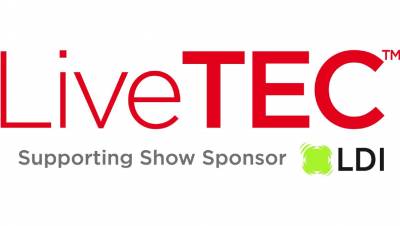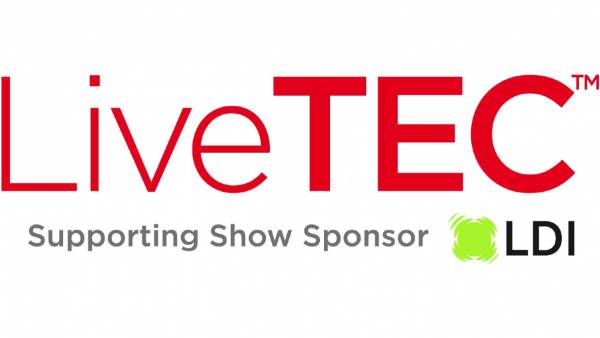 Mexico. In the 1960s the British philosopher Philippa Foot proposed a philosophical experiment called "the tram dilemma" which consists of imagining a person in command of a tram on a collision course towards a vehicle stuck on the tracks, where there are five people trapped. The driver can deviate to a secondary road where there is a person lying on the tracks. Should the driver pass over the lying person to save five people or do nothing and with his inaction run over five individuals?
Mexico. In the 1960s the British philosopher Philippa Foot proposed a philosophical experiment called "the tram dilemma" which consists of imagining a person in command of a tram on a collision course towards a vehicle stuck on the tracks, where there are five people trapped. The driver can deviate to a secondary road where there is a person lying on the tracks. Should the driver pass over the lying person to save five people or do nothing and with his inaction run over five individuals?
This dilemma has numerous interpretations, variations responses. However, in all of them there is a common element: a flesh and blood human being makes the decision and will be responsible for what happens with the tram. What if instead of a person it is an artificial intelligence (AI) agent who is in charge, who is responsible for what an autonomous tram does? It seems like a sci-fi question, but as more processes and devices use AI to make decisions and perform actions, the responsibility demanded of AI agents' decisions begins to become a matter of concern for governments, technicians, and experts in areas such as ethics and law.
One of the first areas of general use of AI will be within autonomous vehicles. Since 2015, transport ministers in the seven most developed nations in the world together with the European Union signed a declaration of principles where they commit to coordinate their efforts to create common rules and technical standards for autonomous driving of vehicles. However, Germany is perhaps the country with the most detailed rules regarding vehicle behavior, ordering the creators of automotive AI to privilege the protection of human life over the integrity of inanimate objects and animals or prohibit the AI of vehicles from privileging saving lives based on characteristics such as ethnicity. the gender or ownership of the vehicle.
The consequences of the use of AI in war situations has been portrayed dramatically by films such as Terminator, as programming or execution errors by a digital agent can trigger massacres or erase humanity from the planet. Countries such as China, Russia and the United States have been among the most enthusiastic when it comes to incorporating AI into military operations and on the horizon opens the possibility of tanks and aircraft that decide attacks and bombings by themselves. The United States is perhaps the only country that has public guidelines for the use of AI on the battlefield, limiting it to situations where its use cannot cause injury or death.
This is not enough today when military AI capabilities are rapidly increasing, so in January of this year the US Department of Defense requested the creation of new rules for the use of AI, opening the door to its use in combat situations and without human supervision. In turn, the Department of Defense of India created earlier this year a council that will be responsible for analyzing the mechanisms in which that country will integrate the technology into its armed forces, as well as the rules of use during combat situations.
The use of AI in the financial sector is already a daily reality, although financial regulation has not been fast enough to establish rules of use by banks and other companies in this sector. Singapore is one of the first nations whose Financial Authority (Monetary Authority of Singapore) published this year a document to guide the use of this technology by the financial system in that country establishing seven guiding principles in the use of this technology ranging from ai fairness when making decisions to transparency towards customers, letting them know that a financial decision was made by an AI agent in addition to providing the customer with avenues to appeal the digital agent's decision.
Finally, the most complex question arises: to provide AI with a set of universal ethical rules applicable to all digital intelligence regardless of its place of origin as is the case today with human rights, common to all people regardless of their origin. A report by the University of Hong Kong published this year points out that the Organization for Economic Cooperation and Development (OECD) announced the publication of a series of principles on AI adopted by member countries of this organization and other adherents establishing among other things that it should be a beneficial force for society, that it must be understandable to all people and that those who develop these systems must be subject to some kind of responsibility for their use.
In turn, China, the other great power in the development of AI published in May of this year a group of ethical standards for the use of this technology and that include the need for its purpose to be the benefit of humanity, to be controlled to avoid causing damage and that its development is shared and open to everyone.
It is not the first time that a technology presents the double edge of the threat and development of humanity: the attacks on Hiroshima and Nagasaki in 1945 put the world before the possibility of planetary destruction by nuclear weapons. Agreements such as the Nuclear Non-Proliferation Treaty and entities such as the International Atomic Energy Agency have so far contained the threat of the indiscriminate use of nuclear weapons, promoting their peaceful use as a source of energy. It is possible that AI will run with a similar fate, but that, only time will tell.
Analysis carried out by the Institute of Telecommunications Law.

























Leave your comment